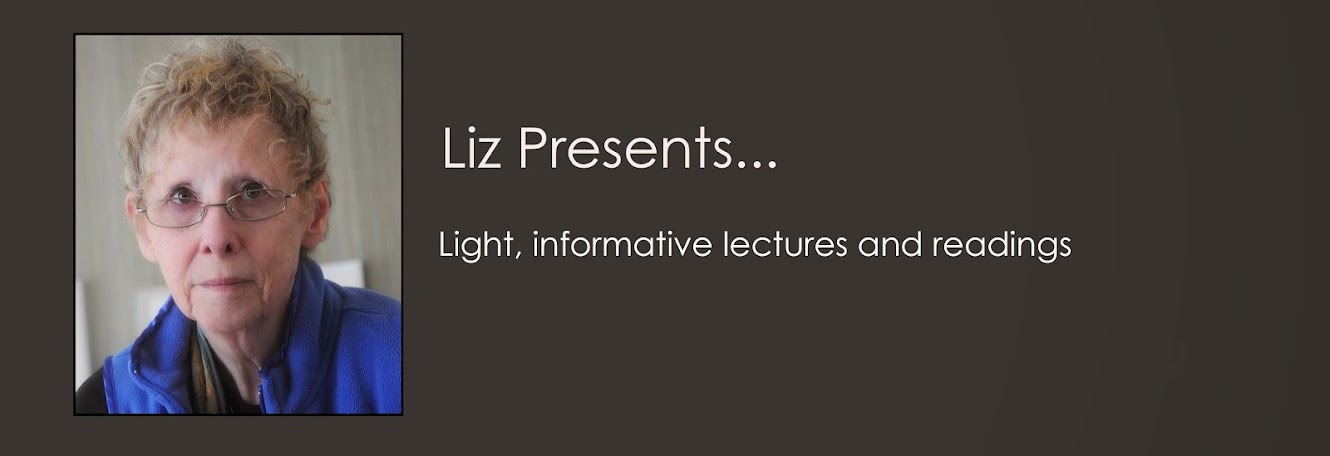Manuscript illumination, Romance of the Rose
Klimt
Summary
First half - an appreciation of flowering plants from botanical fact to greek myths to flowers as symbols of power... and sometimes the star in dramatic events. Second half - "The Tulip", an extraordinary story of a flower that ravished the Middle East and Europe, its celebration by artists in the glorious still life paintings of the Dutch Golden Age and the economic debacle caused by its beauty in 17th century Holland.
****
The power of flowering plants in botanical fact is awesome: think of how their life force to 'be' and 'recreate' can push sidewalks apart - and at the same time the mesmerizing beauty of their flowers. It does you well to have respect for flowers!
Their origins lie in a time when the world's continents were one - that's fact! However the convoluted fictional Greek origin myths deserve a look, as does the power that flowers achieved as symbols for monarchy and royalty.
And the language of flowers: in Medieval times both in manuscripts and art, its references were often religious or highlighted chivalric values; in Victorian times that language became more extensive and much more suggestive - especially in one portrait of a famous courtesan!
What is it about flowers and sex? The Linnaean system of naming plants (the basis of today's nominal system) was what Linnaeus called his "sexual ordering" of plants, creating a sensation when first published since he revelled in suggestive language to describe his thesis. But not everyone was impressed: the British Encyclopedia got quite huffy: "Tsk! Tsk! No sex please, we're British!"
Jacob Marrell




No comments:
Post a Comment